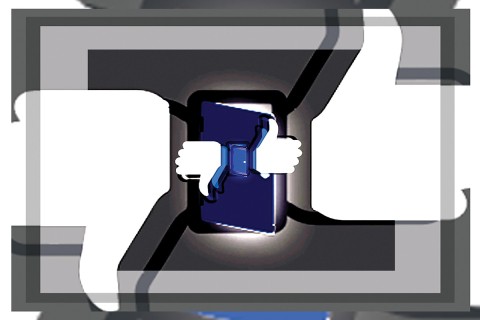I just can’t quit Facebook
Yes, it’s harmful to children, democracy, and much more. It also makes my life better.

I logged in to Facebook for the first time in 2008, when the teenager who babysat for my daughter sat me down and walked me through the process of setting up a profile. I was in my early 30s and had already moved across the country multiple times with my academic husband. Facebook quickly became the easiest way to share photos and information across those distances. It gave me a chance I wouldn’t have had to watch my friends’ and cousins’ kids grow up.
I didn’t yet have a smartphone. I remember the babysitter showing me how to upload my very first profile photo from my digital camera. I used to print digital photos of my children and organize them in real photo albums or share them with family members via a link to a website, but soon all that seemed redundant. Facebook became my personal baby book. I now have 12 years’ worth of family photos in digital albums hosted by Facebook and Instagram.
I also have 12 years’ worth of online friendships that became cherished real-life friendships, plus acquaintances, publishing contacts, and group memberships that give me access to people around the world who share some of my more obscure interests. Try finding just one person to parse the finer points of 1970s British folk horror teleplays with when you live in rural northern Michigan or the foothills of the Blue Ridge Mountains. On Facebook, I connected to thousands of them. In 2014, friends and I started our own group for Catholic writers and artists, which immediately outpaced the blog we’d started. For the next few years my entire professional life—and much of my spiritual life—was entirely bound up with Mark Zuckerberg’s machine. I was invited to speak about how to build online communities, sitting on panels and giving talks that, looking back, were free advertising for Facebook products.





